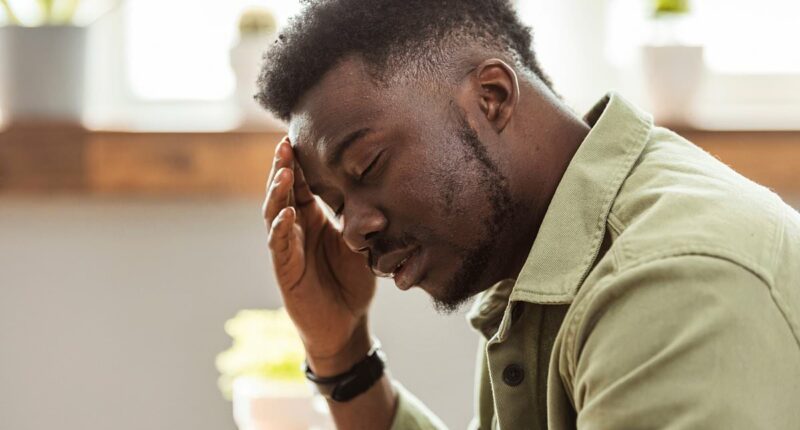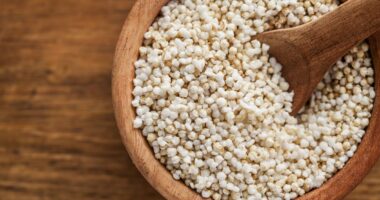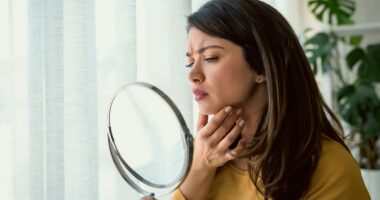Share this @internewscast.com
Men born in the summer are more likely to be depressed, according to a new study.
Researchers from Kwantlen Polytechnic University in Canada wanted to investigate whether the season of birth influences the likelihood of experiencing depression and anxiety symptoms in adulthood.
They looked at a sample of 303 people—106 men and 197 women—with an average age of 26.
The respondents were recruited from universities across Vancouver, and came from a ‘global population’.
The study authors revealed that they were mostly of South Asian (31.7 per cent), White (24.4 per cent), and Filipino (15.2 per cent) descent.
They were asked to fill in PHQ-9 (for depression) and GAD-7 (for anxiety) assessments, which allowed the researchers to filter out the people who met the medical criteria for the common mental health issues.
Furthermore, the participants’ birth month was categorised by its respective season: spring (March, April, May), summer (June, July, August), autumn (September, October, November) and winter (December, January, February).
It was noted that mental health conditions were common among participants, with 84 per cent and 66 per cent of participants experiencing symptoms of depression and anxiety, respectively.

Men born in the summer months are more likely to suffer from depression, claims a new study (file photo)
Upon crunching the numbers, the researchers concluded that there are no strong seasonal trends linked to anxiety, but there is a seasonal influence on depression risk.
They found 78 males born in the summer could be classed as minimally depressed, mildly depressed, moderately depressed, moderately severely depressed and severely depressed on the PHQ-9 scale.
This compared to 67 born in winter, 58 born in spring, and 68 born in the autumn.
There are limitations to the research, and not only because it used a small sample of people from a similar demographic (young adults studying at university).
The authors also noted that not everyone in the sample correctly completed the required PHQ-9 questions, meaning only 271 people’s depression and anxiety statuses were assessed.
Lead author Arshdeep Kaur concluded: ‘The research highlights the need for further investigation into sex-specific biological mechanisms that may connect early developmental conditions (like light exposure, temperature, or maternal health during pregnancy) with later mental health outcomes.’
The World Health Organisation (WHO) estimates that between 700,000 and 800,000 people die by suicide every year—a cause of death closely linked to instances of depression.
Depression is also linked to substance abuse, alcoholism and poor lifestyle choices—such as eating unhealthy foods—which can lead to killer conditions such as Type 2 diabetes, heart disease and cancer.

This NHS data shows the number of Britons taking each type of antidepressant over the past eight years. The top line with the green triangles indicates the the total number of patients
Last year it was reported that experts had discovered six distinct types of anxiety and depression.
A mix of the two conditions is estimated to be Britain’s most common mental health problem, affecting about eight per cent of the population, with a similar rate in the US.
However many people with the conditions are forced to cycle through different treatments, which include psychotherapy and medication, in the hope of finding one that works.
The researchers collected data from a sample of 1,051 patients with depression and anxiety, 850 of which weren’t currently being treated.
Patients had brain scans done while they were both at rest and when asked to conduct an emotional task such responding to photos of sad people.
Experts, from the University of Sydney and Stanford University in California, then compared these results between the patients as well as healthy controls to spot any differences.
The aim was to find if different parts of the brain ‘lit up’ between patients, showing that sections of the organ were behaving differently among some participants.
They also assessed each participant’s symptoms of depression and anxiety, such as insomnia or feelings of suicide, to also identify any common signs between patients with similar brain scan results.
The end result was that scientists were able to group patients together and break down depression and anxiety into six different subtypes.

















